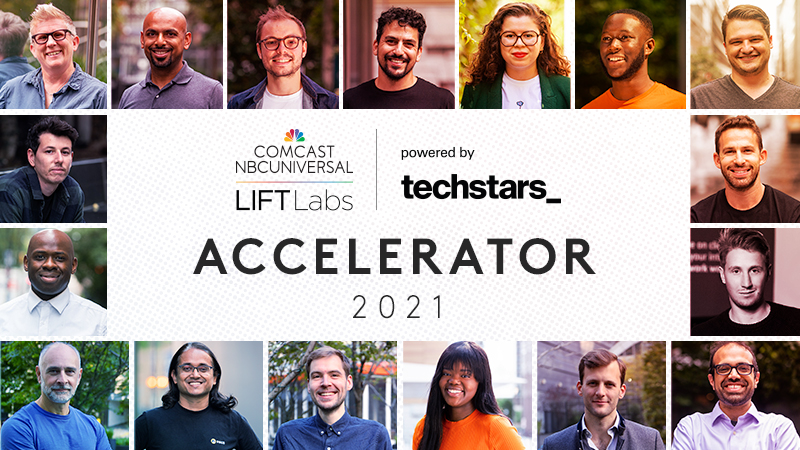From AI Governance to Search Optimization: The Fall 2025 LIFT Labs Companies Working with Comcast NBCUniversal
From AI Governance to Search Optimization: The Fall 2025 LIFT Labs Companies Working with Comcast NBCUniversal
October 31, 2025
» SIGN-UP and be the first to learn about new events
and exclusive tips from founders and funders.
